Kids and Responsibility: Encouraging Involvement in House Chores Using Name Labels and Other Tactics
The idea of giving kids chores to do doesn’t always sit right with every parent. Some would argue that kids should be what they’re supposed to be-kids. They should be left to expend their energy running around considering free play is vital in child development. After all, the responsibility of running a household falls on us parents.
However, being part of a family also means being part of a team. It requires teamwork, an essential life skill kids should learn. One way to nurture this is by encouraging their involvement in house chores by using kids name labels and other tactics.
Either way, there are actual studies which showed that people who were assigned chores early in life grew up to be happy and independent adults. Back in the early 1980s, Harvard Medical School’s Dr. George Vaillant and his wife Caroline conducted a study which determined childhood work habits as a predictor of mental health in adulthood. The word “work” here could mean participating in school activities, having part-time jobs, or doing house chores.
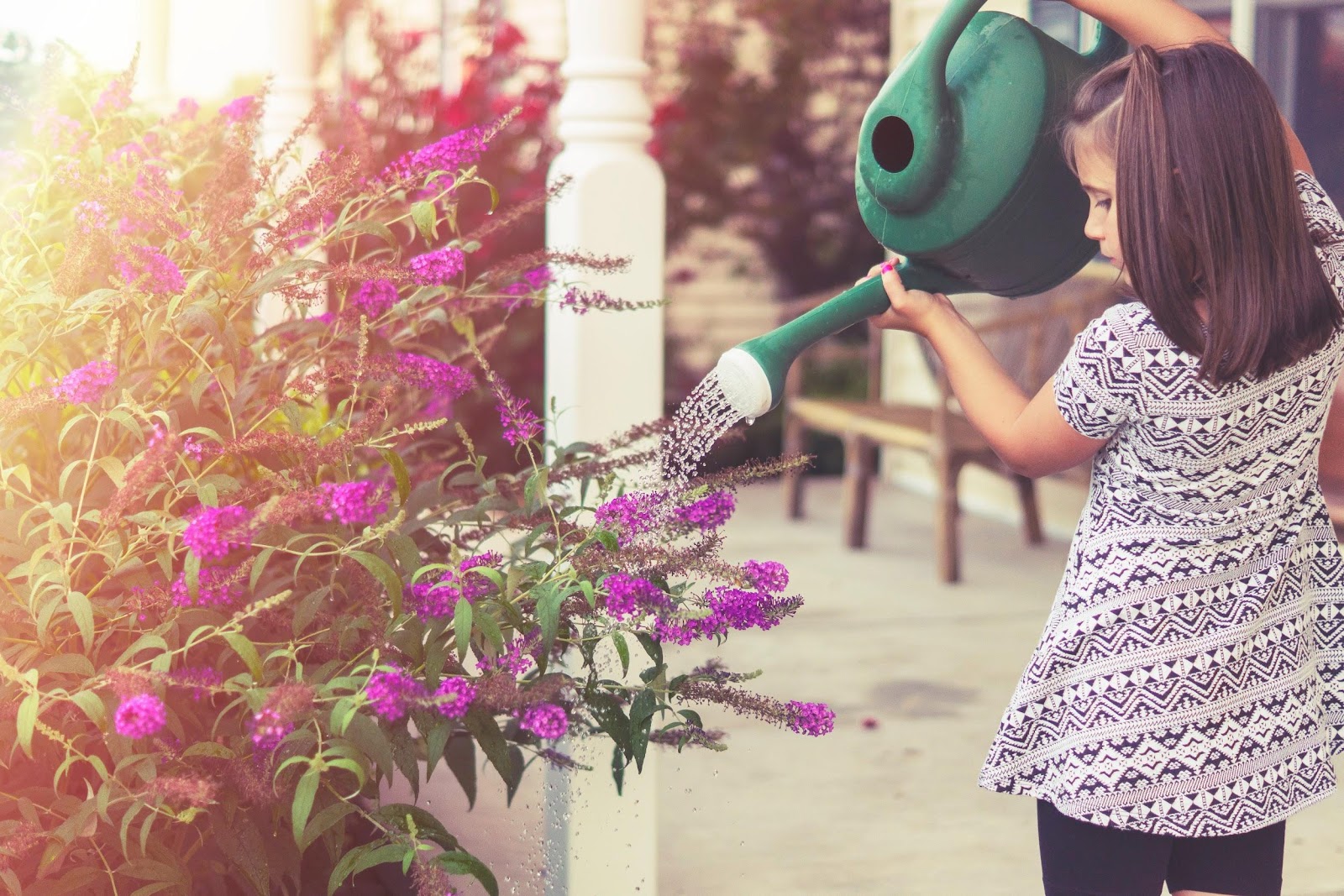
Marty Rossmann, a University of Minnesota emeritus associate professor, conducted research on involving children in household tasks. While he collected his own data, he also used data from Diana Baumrind’s longitudinal study which began in 1967. Rossmann determined that young adults are less “successful” when they don’t participate in household tasks at the age of three or four. This is supposedly because they learn responsibility through household chores late.
In her 2017 TedTalk, parenting expert and best-selling author Julie Lythcott-Haims mentioned the findings under Harvard Medical School’s Grant Study. Apparently, the Beatles were right when they sang “all you need is love”. However, aside from love, work ethic is also important in guaranteeing a person’s happiness and success.
Lythcott-Haims says, “It [the Harvard Grant Study] found that professional success in life, which is what we want for our kids, comes from having done chores as a kid.” She adds that it’s better to develop the “pitch-in mindset” as early as possible. It’s efforts contributed that give one a head start in the workplace. Check out Lythcott-Haims’ complete TedTalk here.
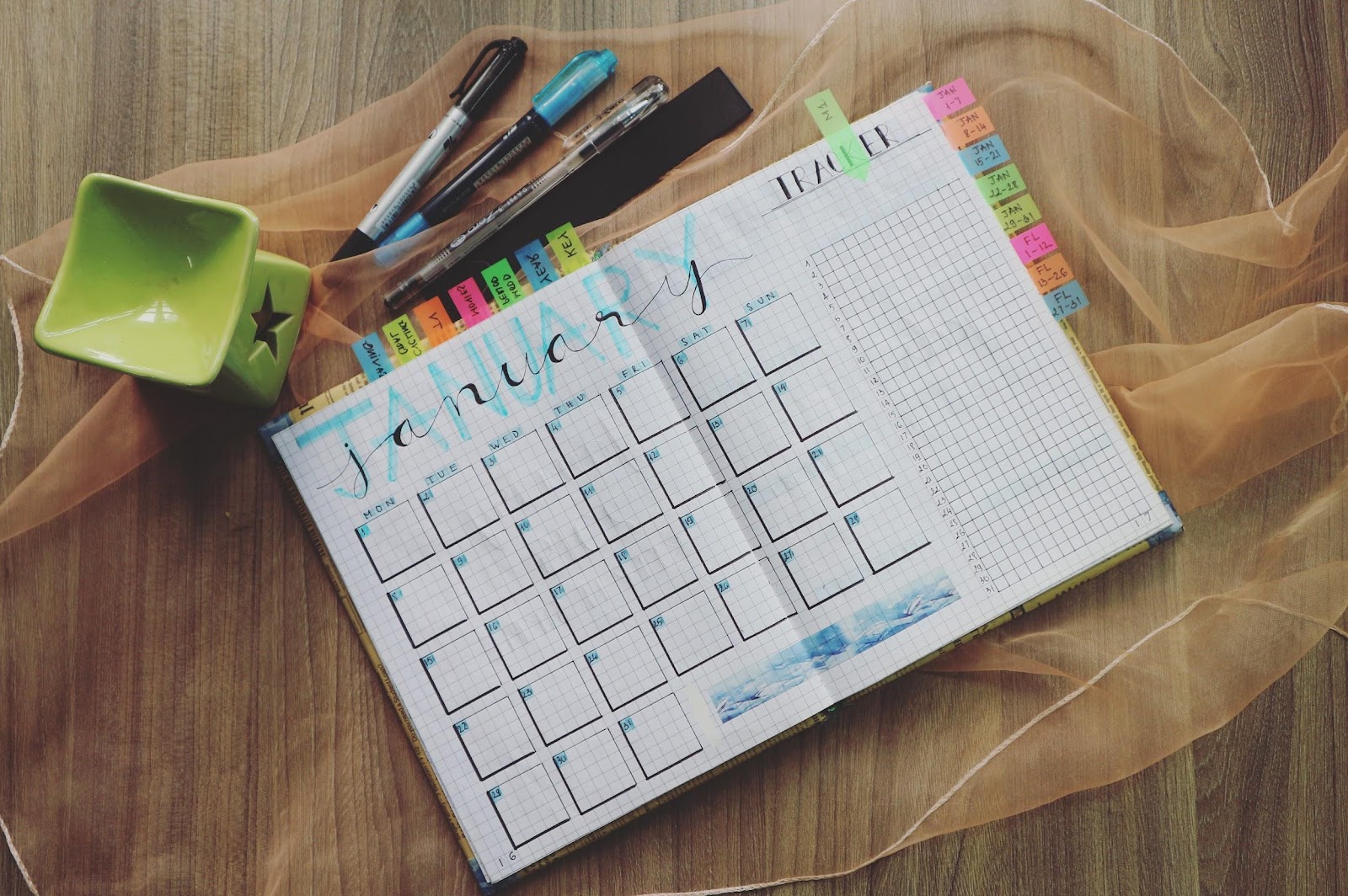
Over the years, I’ve learned that verbally telling my kid what to do isn’t enough. I can’t just tell her to make her bed and expect her to do it right the first time. Demonstration helps, Mum! Let your kid see firsthand how the task should be done. After you’re done, he can have his turn practising and you can correct anything he’s doing wrong. You can also keep doing the chore together until your child’s ready to do it by himself.
If you’ve got two or more kids, don’t randomly pick who’s going to do a certain chore. Consistency is key. Avoid the “It’s not fair!” litanies by letting your kids decide who gets which chores. Help them reach a compromise. After everything’s settled, create a chore board (you can use cork boards or blackboard wall stickers) where the kids can write their names plus their assigned tasks. Make sure the board is placed where everyone can see it.
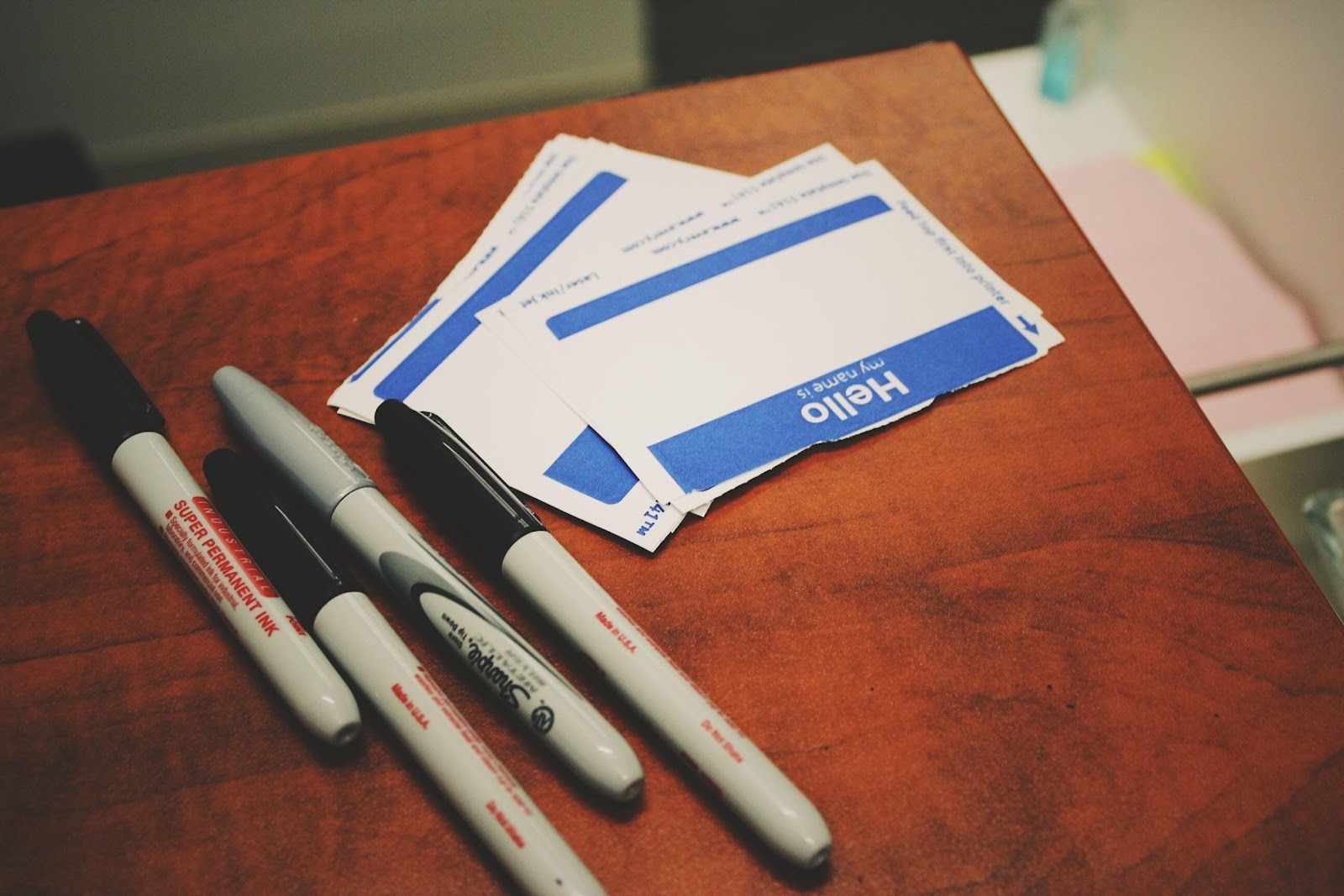
When assigning chores to your kids, you could pick ones that have something to do with their personal space or possessions. It will be easier for them to develop independence and a sense of responsibility if they’re directly affected by the state of the space or item. Start by leaving to your kids the task of keeping their bedrooms in order. Get kids name labels from anywhere in Australia and use these to help your kids identify whose is whose and which goes where.
Kids have a tendency to just dump their stuff in one place. A space shared by two or more messy kids would probably end up resembling a trash pile. To prevent this, stick labels on everythingーclothes, storage, etc. If you’ve got two or more kids, attaching iron on clothing labels will prevent mix-ups and losses. Using sticky labels, assign storage spaces for each kid. Make closets and drawers even more organised by identifying which items should go in every compartment.
I also resorted to labelling shoe racks in our mudroom for the same purpose. This way, she knows where her shoes are supposed to go and easily get them when she needs them. No more looking into nooks and crannies whenever she “needs” to wear her pink ballet flats.
Make it a point to explain that if an item has kid’s name on it, then he’s responsible for it. Did your little boy take his toys from his room to the living area? Then he should also be able to take them back when he’s done playing. Whatever’s been taken out of storage must be replaced when it’s not being used anymore.
You can also keep a reward chart. Just note that rewards, like praises and many other things, should be given in moderation and at the right time. Also, bribes are different from rewards. Bribes are basically given to someone before they actually do your bidding. Meanwhile, rewards are given after a person’s done what you told them to do.
Now kids also have to understand that their disobedience has consequences. You can also negotiate about these with your kids. Ask them to about the possible consequences of not doing exactly as they’re told. It could be doing the chore again or cutting down TV time.
When assigning chores, the trick is to give simple one or two-step tasks to younger kids, and the more complicated tasks to the older ones. Below are ideas for age-appropriate chores your kids can try accomplishing.
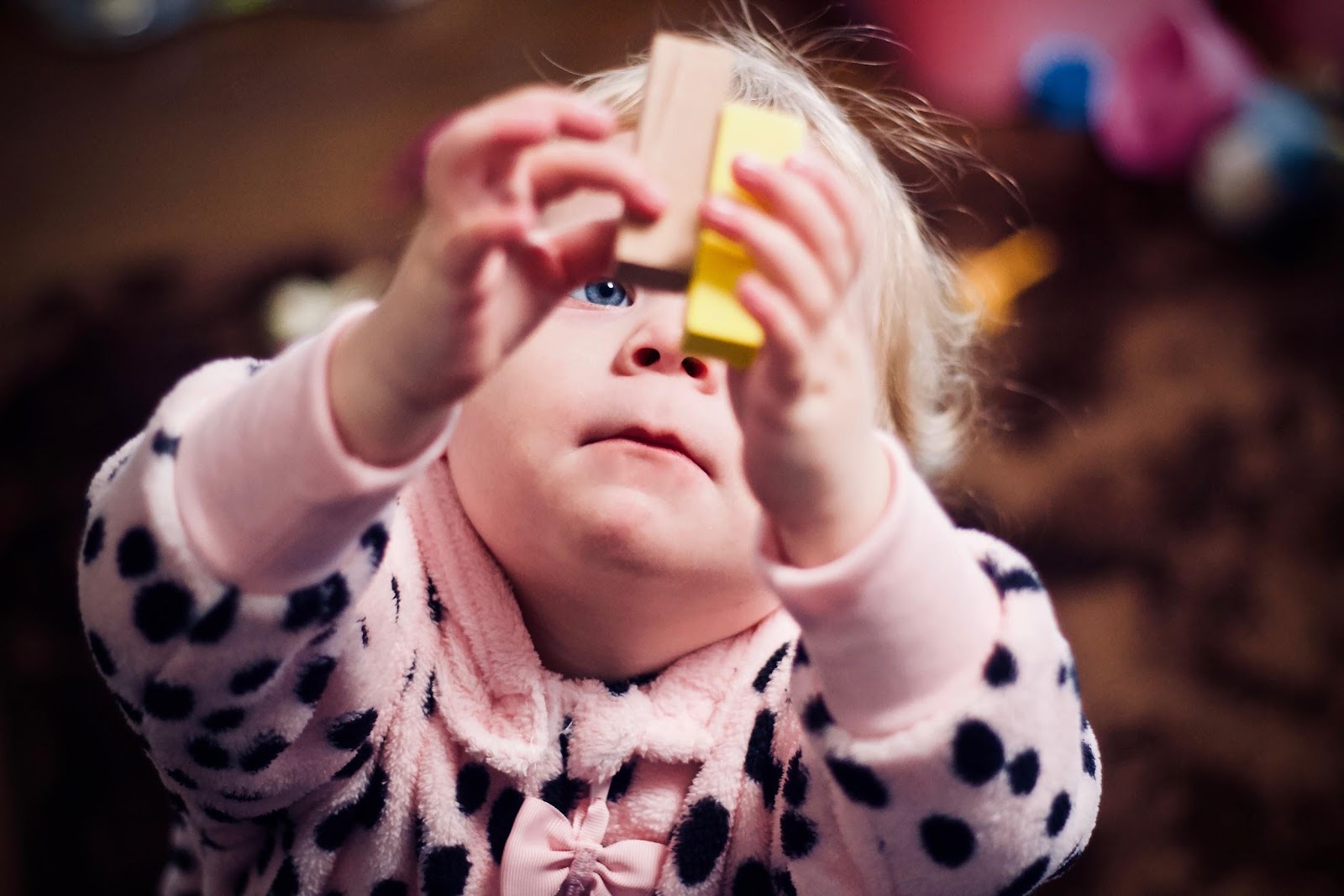
- Water plants (if you’ve got a garden)
- Throw diapers or food packaging in the trash can
- Wipe mouth after eating
- Fetch shoes or clothes
- Wash hands on their own
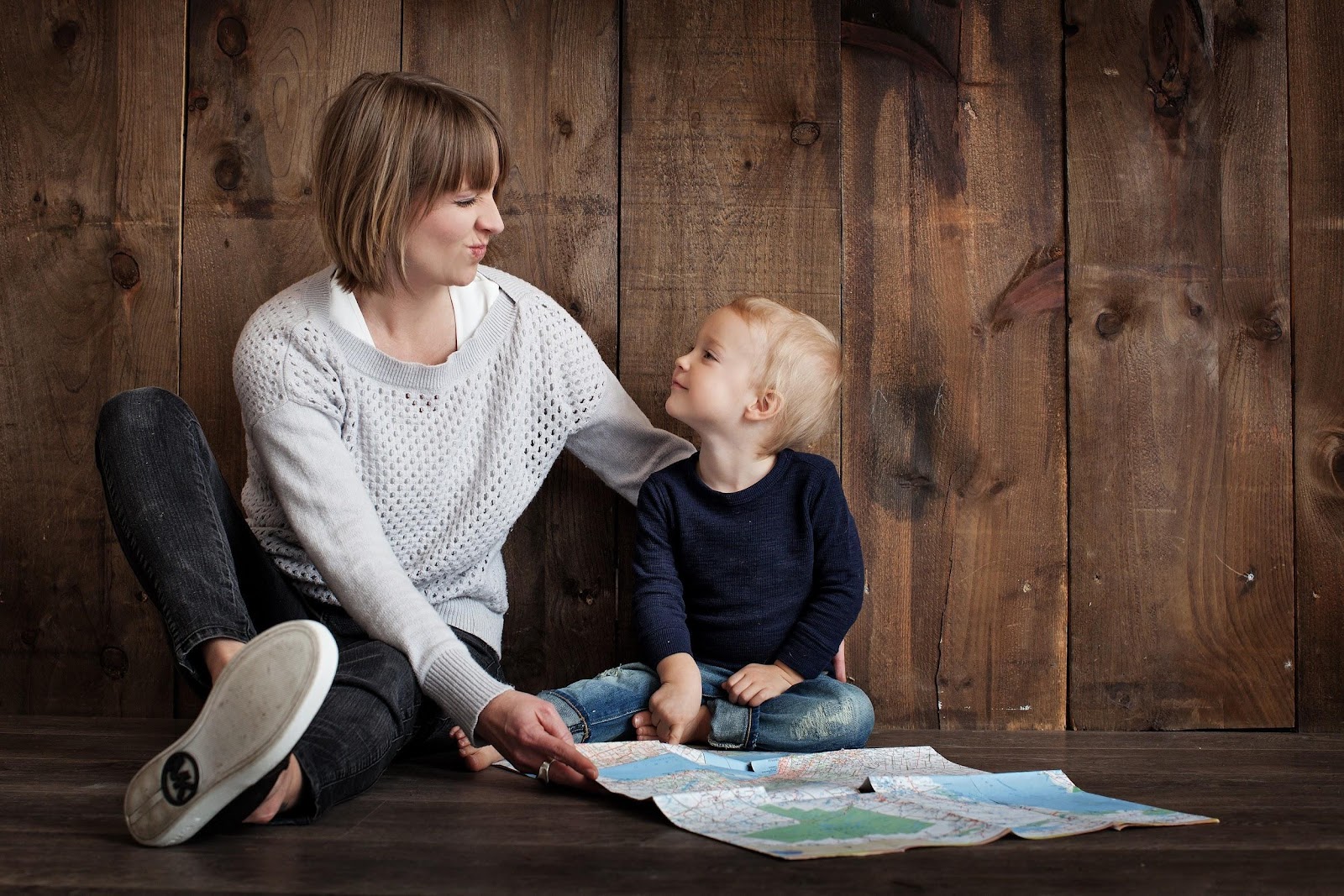
- Put dirty clothes in the hamper
- Put away toys
- Bring in the mail or newspaper
- Help set or clear the table (e.g. place or remove mats, glass coasters, and other light things)
- Clean small surfaces (e.g. wipe spills or dust)
- Help put away groceries
- Help fold their clothes
- Choose outfits and get dressed
- Make their beds with a little help
- Feed pets
- Hang up the towel after a shower
However, being part of a family also means being part of a team. It requires teamwork, an essential life skill kids should learn. One way to nurture this is by encouraging their involvement in house chores by using kids name labels and other tactics.
The benefits of doing chores
Give kids tasks to do and you’ll surely be met with resistance. Well, I was the first time I asked my eldest Ysabelle to put away her toys before dinner. Think she did it without a fuss? Sadly, she didn’t and I was sorely tempted to say, “Science backs me on this!” Then I figured that still won’t be enough to convince her why she should do her chores.Either way, there are actual studies which showed that people who were assigned chores early in life grew up to be happy and independent adults. Back in the early 1980s, Harvard Medical School’s Dr. George Vaillant and his wife Caroline conducted a study which determined childhood work habits as a predictor of mental health in adulthood. The word “work” here could mean participating in school activities, having part-time jobs, or doing house chores.
Marty Rossmann, a University of Minnesota emeritus associate professor, conducted research on involving children in household tasks. While he collected his own data, he also used data from Diana Baumrind’s longitudinal study which began in 1967. Rossmann determined that young adults are less “successful” when they don’t participate in household tasks at the age of three or four. This is supposedly because they learn responsibility through household chores late.
In her 2017 TedTalk, parenting expert and best-selling author Julie Lythcott-Haims mentioned the findings under Harvard Medical School’s Grant Study. Apparently, the Beatles were right when they sang “all you need is love”. However, aside from love, work ethic is also important in guaranteeing a person’s happiness and success.
Lythcott-Haims says, “It [the Harvard Grant Study] found that professional success in life, which is what we want for our kids, comes from having done chores as a kid.” She adds that it’s better to develop the “pitch-in mindset” as early as possible. It’s efforts contributed that give one a head start in the workplace. Check out Lythcott-Haims’ complete TedTalk here.
How to get children involved in chores
While it’s one important step, involving your kids in chores and teaching them about responsibility is more than picking the right tasks for their age. It involves using personalised name labels (which are readily available anywhere in Australia) and other tricks up your sleeve. Read on to find out how to make chore time less of a struggle between you and your kids.1. Be specific and consistent.
Over the years, I’ve learned that verbally telling my kid what to do isn’t enough. I can’t just tell her to make her bed and expect her to do it right the first time. Demonstration helps, Mum! Let your kid see firsthand how the task should be done. After you’re done, he can have his turn practising and you can correct anything he’s doing wrong. You can also keep doing the chore together until your child’s ready to do it by himself.
If you’ve got two or more kids, don’t randomly pick who’s going to do a certain chore. Consistency is key. Avoid the “It’s not fair!” litanies by letting your kids decide who gets which chores. Help them reach a compromise. After everything’s settled, create a chore board (you can use cork boards or blackboard wall stickers) where the kids can write their names plus their assigned tasks. Make sure the board is placed where everyone can see it.
2. Label everything.
When assigning chores to your kids, you could pick ones that have something to do with their personal space or possessions. It will be easier for them to develop independence and a sense of responsibility if they’re directly affected by the state of the space or item. Start by leaving to your kids the task of keeping their bedrooms in order. Get kids name labels from anywhere in Australia and use these to help your kids identify whose is whose and which goes where.
Kids have a tendency to just dump their stuff in one place. A space shared by two or more messy kids would probably end up resembling a trash pile. To prevent this, stick labels on everythingーclothes, storage, etc. If you’ve got two or more kids, attaching iron on clothing labels will prevent mix-ups and losses. Using sticky labels, assign storage spaces for each kid. Make closets and drawers even more organised by identifying which items should go in every compartment.
I also resorted to labelling shoe racks in our mudroom for the same purpose. This way, she knows where her shoes are supposed to go and easily get them when she needs them. No more looking into nooks and crannies whenever she “needs” to wear her pink ballet flats.
Make it a point to explain that if an item has kid’s name on it, then he’s responsible for it. Did your little boy take his toys from his room to the living area? Then he should also be able to take them back when he’s done playing. Whatever’s been taken out of storage must be replaced when it’s not being used anymore.
3. Set rewards or consequences.
Never act like it’s no big deal that your kid’s doing his part of the chores without being told. Talk about why you think it’s great that he helped around the house. Don’t feel disappointed if he makes mistakes the first few times. Ask him what part of the process he finds confusing and explains that part again. To him, that would translate to you actually looking and appreciating their efforts. He’ll be more encouraged to keep trying until he gets it right.You can also keep a reward chart. Just note that rewards, like praises and many other things, should be given in moderation and at the right time. Also, bribes are different from rewards. Bribes are basically given to someone before they actually do your bidding. Meanwhile, rewards are given after a person’s done what you told them to do.
Now kids also have to understand that their disobedience has consequences. You can also negotiate about these with your kids. Ask them to about the possible consequences of not doing exactly as they’re told. It could be doing the chore again or cutting down TV time.
Age-appropriate chores
There are more than one ways for children to help around the house. Helping doesn’t always have to mean physical labour, especially when it involves children. I consider my kids helping when they stay out of my way as I go tidy up the house. Helping can also be Ysabelle looking after or keeping her little brother Liam entertained.When assigning chores, the trick is to give simple one or two-step tasks to younger kids, and the more complicated tasks to the older ones. Below are ideas for age-appropriate chores your kids can try accomplishing.
Toddlers (3 years and below)
- Pick up toys and books- Water plants (if you’ve got a garden)
- Throw diapers or food packaging in the trash can
- Wipe mouth after eating
- Fetch shoes or clothes
- Wash hands on their own
Preschoolers (4-5 years)
All the chores listed above, plus:- Put dirty clothes in the hamper
- Put away toys
- Bring in the mail or newspaper
- Help set or clear the table (e.g. place or remove mats, glass coasters, and other light things)
- Clean small surfaces (e.g. wipe spills or dust)
- Help put away groceries
- Help fold their clothes
- Choose outfits and get dressed
- Make their beds with a little help
- Feed pets
- Hang up the towel after a shower
- Prepare own cereal

- Make beds without reminders or supervision
- Sort out the laundry
- Use a handheld vacuum to pick up dust or crumbs
- Dry and put away cleaned dishes
- Fold and put away their clothes without help
- Keep bedroom tidy
- Empty the trash can
- Prepare easy snacks or meals (e.g. sandwiches, toast)
- Unload items from the dishwasher
- Take pet for a walk
- Help wash the car
- Babysit younger siblings
- Put away and replace dirty sheets
School-age kids (6-9 years)
All previously listed chores, plus:- Make beds without reminders or supervision
- Sort out the laundry
- Use a handheld vacuum to pick up dust or crumbs
- Dry and put away cleaned dishes
- Fold and put away their clothes without help
- Keep bedroom tidy
- Empty the trash can
- Prepare easy snacks or meals (e.g. sandwiches, toast)
- Unload items from the dishwasher
- Take pet for a walk
- Help wash the car
- Babysit younger siblings
Pre-teens (9-12 years)
All previous chores, plus:- Put away and replace dirty sheets
- Set and clear the table without supervision
- Wash and dry dishes or load items in the dishwasher
- Do homework without supervision
- Vacuum and mop
- Do the laundry
- Iron clothes
Whether it’s through using kids name labels or coming up with games, chores can be fun instead of bothersome. What household chores do your kids enjoy doing? Do you have any personal tips and tricks to get them helping around the house? Let me know in the comments below.
Whether it’s through using kids name labels or coming up with games, chores can be fun instead of bothersome. What household chores do your kids enjoy doing? Do you have any personal tips and tricks to get them helping around the house? Let me know in the comments below.
Comments
Post a Comment